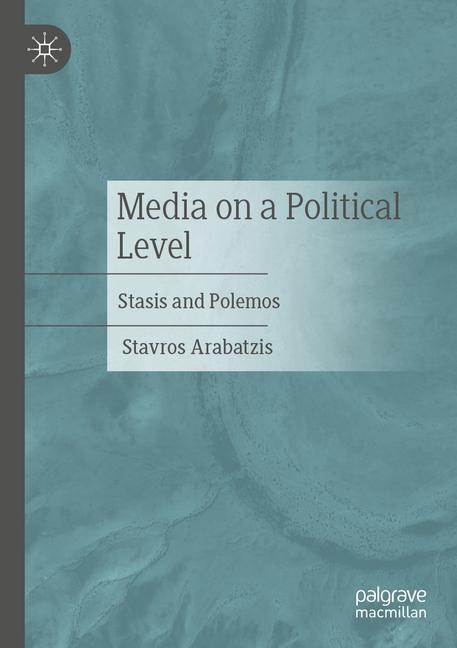Description
Today, media themselves have become cultural, technical, economic, and political "weapons," concealing both their "essence" and "non-essence." As a result, the once metaphorical character of "technicist media theory"--"war as the essence of media" (Kittler)--has been lost, and media have been transferred into the political, geopolitical, financial, and informational-economic realm. Kittler's media-theoretical thesis (media as "military equipment" media as repurposed war devices, misunderstood in their function as long as their primary military purpose is ignored) is, according to our thesis in this book, not to be understood as "technical," but as political (state-related) and socio-economic (pre-state). Media theory thus becomes Stasiology (theory of civil war) and Polemology (theory of war). This antagonistic-polemical principle sharpens the focus on all media in the public sphere, such that the "agonistic" principle of struggle (C. Mouffe) is merely a preliminary stage and still remains within the realm of play. Therefore, our concluding thesis is that we do not need a technical, hermeneutic, aesthetic, phenomenological, anthropological, or ontological a priori to explain the essence or non-essence of media. What we need is a Stasiology and a Polemology capable of unlocking the entire antagonistic-polemical field of media in the public sphere. Only this sharpening of media in the public sphere allows us to move beyond the antagonistic-polemical principle itself.
Product Details
- Jul 3, 2025 Pub Date:
- 3658487992 ISBN-10:
- 9783658487997 ISBN-13:
- English Language




